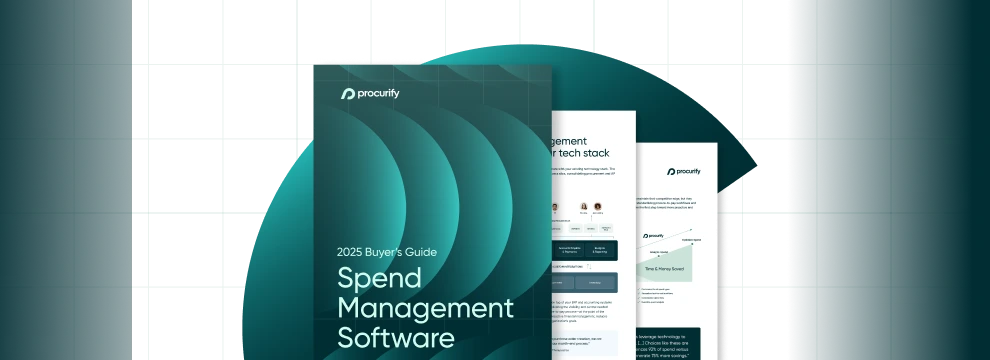4 Procurement Compliance Issues in Oil and Gas
The oil and gas sector can be a profitable industry. The sheer size of oil and gas projects – typically large-scale energy developments – can run well into the billions of dollars.
But, according to tax specialists EY, the oil and gas sector can present a number of compliance challenges for energy companies. And those challenges manifest themselves in a number of areas: procurement and related issues such as locally sourced supplies, sole-supplier sourcing, split orders and collected “other factors.”
Below is an explanation of the compliance challenges presented in each area.
Procurement
Procurement is responsible for large expenditures in the oil and gas sector. As a result, procurement is a target for corruption and bribery. When costs reach near astronomic levels, the drive and desire to cut those substantial costs can be significant.
Locally Sourced Supplies
Often, there is a requirement for the oil and gas sector to award various contracts to local companies (i.e. tool and dye operations, pipefitters etc.). That requirement can be the result of government regulations, or due to location (oil and gas companies often work in remote locations and will deal with service companies located near their operations).
According to EY, these contracts can often be lucrative and are “sought after by local companies.” That competition, however, can lead to circumstances where there is a higher risk of fraud, bribery, corruption and other abuses.”
Sole-Supplier Sourcing
There is a “propensity” for oil and gas companies to pursue contracts with sole suppliers, continues EY. Sometimes, companies offer specialties and expertise that make sole-supplier sourcing a reality. If you are working in a remote location, for example, seeking expertise for specific tasks may lead you to one company.
However, adds EY, such a climate can “disguise undisclosed conflicts of interest and kickback schemes. Additionally, financial losses can incur where the process has been improperly conducted. These can compromise the quality of goods and services provided.”
Split Orders
The concept of splitting orders is simple: cutting contracts in half, in order to lower the value of the contract to a point where putting out an official tender.
This practice can, although not always, lead to fraudulent activity.
Other Factors
Finally, oil and gas companies need to “be aware” when third-party companies in procurement and construction management work on their behalf.
EY writes: “The procurement activities run by these firms are similarly susceptible to improper practices. Companies may find themselves liable for the acts of third parties under ABAC legislation.”
Again, working in remote locations may be the cause for working with third party procurement companies. And those remote locations add difficulty in monitoring these companies. Ultimately, they are often not connected to “corporate systems and electronic controls.”
EY concludes: Geographic isolation is also likely to limit internal audit monitoring, thus creating opportunities for fraud, bribery and corruption.”
In conclusion, ensuring procurement compliance in the oil and gas sector can be challenging. Remote locations, high-pressure situations, sole-sourcing practices, and third-party contractors all add to that challenge. But knowing these issues, and watching them, can lead to greater procurement compliance in the oil and gas sector.
